The gassing of badgers is being considered as part of a government plan to eradicate tuberculosis in cattle in England in the next 25 years. The strategy, published on Thursday, also includes ongoing research on giving badgers contraceptives in order to reduce their numbers.
Further measures in the plan to control bovine TB, a disease that caused the slaughter of 28,000 cattle in 2012 at a cost to taxpayers of £100m, are the controversial culling of badgers, which could begin any time before the end of November in Somerset and Gloucestershire, as well as controls on the movement of infected cattle and the development of vaccines for cattle and badgers.
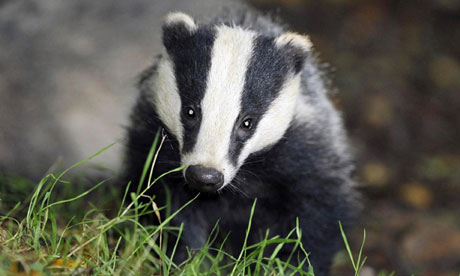
The incidence of TB in cattle has soared in the past decade and ministers are convinced that the badger population must be reduced, because they can transmit TB to cattle. The TB eradication strategy, which is now under public consultation until September, states: “Further research into alternative population control methods is also under consideration. This includes a potential investigation into the use of anoxic gas or gas-filled foam as a sett-based means of humane culling.”
In 1982, gassing badger setts – at that time with cyanide – was outlawed as inhumane, but some farming groups have suggested suffocating badgers with “anoxic” gases such as carbon monoxide would be more humane.
Nigel Gibbens, the UK’s chief veterinary officer, said: “We are looking at research of different methods of deploying gas in a humane way that would be effective, because that would bring real benefits, but we’re not there at the moment.”
“It’s really concerning to see the government exploring yet more ways to kill even larger numbers of badgers, when there simply isn’t the scientific evidence to justify such a slaughter to control the spread of bovine TB in cattle,” said veterinarian Mark Jones, executive director of the animal protection organisation, Humane Society International/UK. “Defra’s suggestion that this should even be considered is clear and shocking evidence that the so-called pilot culls are in fact little more than a prelude to what could be a badger massacre on a massive nationwide scale.”
Farming minister David Heath said: “We have an overpopulation of badgers at the moment. If we can find ways of reducing the population of badgers in the key areas, then we probably will be able to bear down on the overall endemic infection rates in badgers.”
The last national survey of badgers was in 1997, and a new £870,00 study is not due to report until 2014. Heath said: “If you live in the West Country you can see the overpopulation of badgers every day of the week. In my constituency [in Somerset] there is not a single lane where you will not see a dead badger.”
The eradication strategy also states: “Proof-of-principle research into the application of fertility control using an injectable contraceptive is ongoing.” Defra is funding three current studies on contraceptive treatment for badgers. The first is examining an injectable contraceptive in captive badgers, the second is continuing previous work on an injectable contraceptive in wild badgers, and the third is examining the potential to develop a suitable oral contraceptive.
Heath said: “The strategy uses absolutely everything that is at our disposal and it is using things that work.” He said the government was working with farmers on a voluntary scheme to provide information to cattle buyers about the TB history of animals. “There is a dearth of information to some extent at the moment. It will be voluntary: I don’t see any need for a statutory scheme but I think [providing the information] will quickly become essential [as buyers will demand it].”
“A range of crucial TB risk information such as movement and testing history will be shared at the point of sale so farmers will know the animal’s TB testing history before purchase,” said a Defra statement.
The strategy also sets out a “tentative” timetable for the use of vaccines. It states that field trials of cattle vaccine could begin in 2014 and that vaccinated cattle could be traded from 2016: currently they are not because the TB test cannot distinguish between vaccinated and infected animals. It states that an oral vaccine for badgers could be deployed in 2019. But Heath warned that culling badgers would still be necessary because vaccines do not cure infected animals.
NFU President Peter Kendall said: “The publication of this document is very significant for all cattle farmers. On balance, we think it is an ambitious and comprehensive package to deal with this terrible disease which is devastating the lives of tens of thousands of farmers and their families, and destroying farming businesses, every year.”
He added: “The strategy reflects the fact that a full range of cattle and wildlife measures will be needed. But I call on the government to look at adopting a new governance model where farmers have a much bigger say in disease control policy.”
Scientists behind a landmark 10-year trial of culling have described that part of the TB policy as “mindless” and warned it could make TB worse as badgers flee cull zones. A researcher who ran the trial said vaccination is in fact cheaper than culling, if policing costs are taken into account, and that strictly controlling cattle movements is the only long-term solution.
John Bourne, the vet who led the 10-year trial, said: “The [controls] in operation at the moment are totally ineffective. Why won’t politicians implement proper cattle movement controls? Because they don’t want to upset farmers.”
This article was written by Damian Carrington for the Guardian UK.

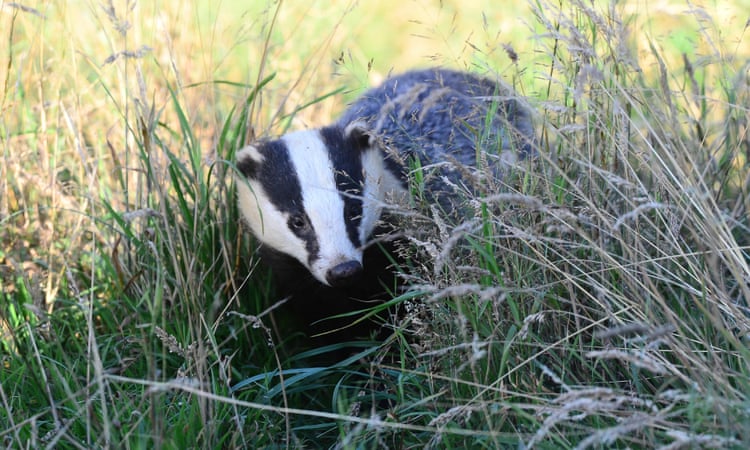
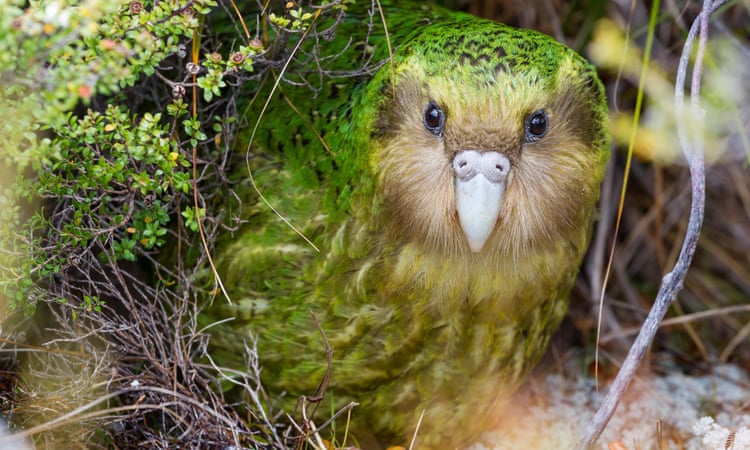
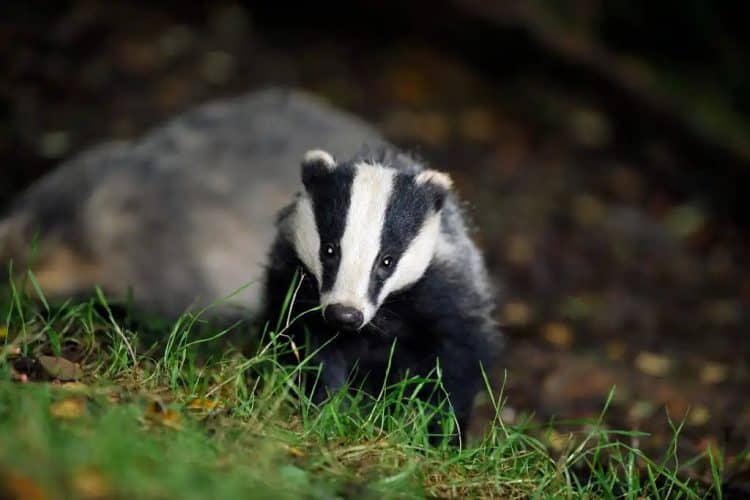

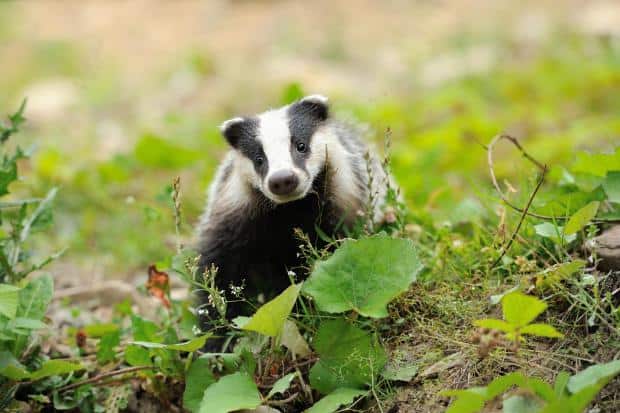

Leave a Reply